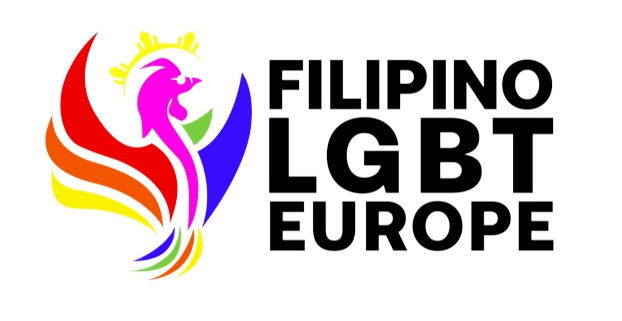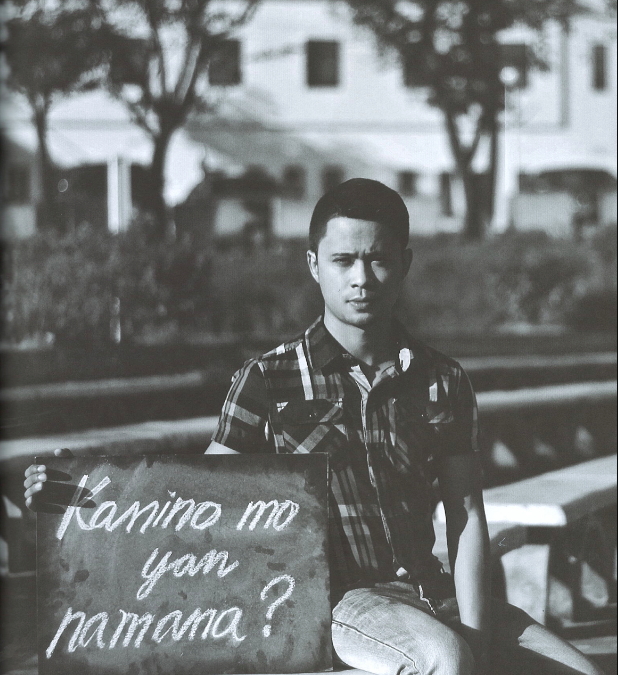“Saan ka nag-C-CR (Which toilet do you use)?”
“Hindi ka ba natatakot magka-AIDS (You’re not worried you’d get infected with HIV and get AIDS)?”
These are some of the commonly asked questions to members of the LGBT community. We hear it everyday and everywhere. Sometimes, the person asking this kind of question is just ill-educated about the LGBT community; but more often than not, people who fancy asking these kind questions are just poking fun at the members of the community.
In an effort to alleviate unnecessary discrimination and ridiculing of the LGBT people, while also promoting gender awareness, the University of the Philippines’ Center for Women’s Studies partnered with the university’s premier LGBT organization, Babaylan, for “Anong pangalan mo sa gabi? At iba pang tanong sa mga LGBT”, a photo book project.
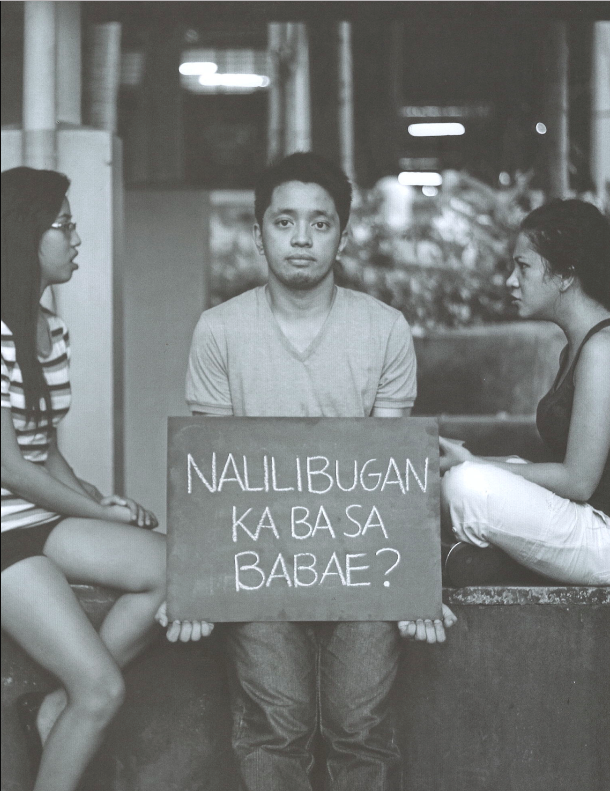
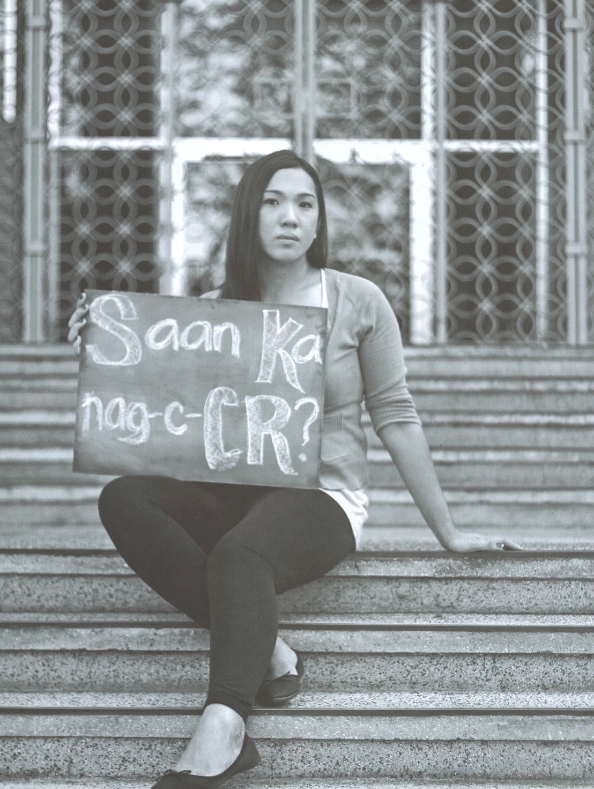
This was inspired by L. Weingarten’s “A Series of Questions”, a collection of transgender, transsexual, genderqueer, gender non-conforming, and gender-variant people photos, where the subjects hold signs depicting questions that each was asked personally. Anong pangalan mo sa gabi? At iba pang tanong sa mga LGBT followed the same idea, wherein members of Babaylan held placards, displaying the common questions asked to LGBT people.
The photo book is – in not so many words – an attempt to address the “discriminatory” questions through the answers of the subjects carrying the placard.
“With this project, people can understand all the struggle and discrimination the LGBT community has been experiencing. We’ve gathered the common questions that are constantly asked to LGBT people, and with the help of the members of Babaylan, they were answered. Some of the answers were serious and others were wittingly funny, but regardless of how they answered them, it gives the reader a glimpse of what it’s like to be LGBT in the Philippines,” UP Center for Women’s Studies director Sylvia Claudio said.
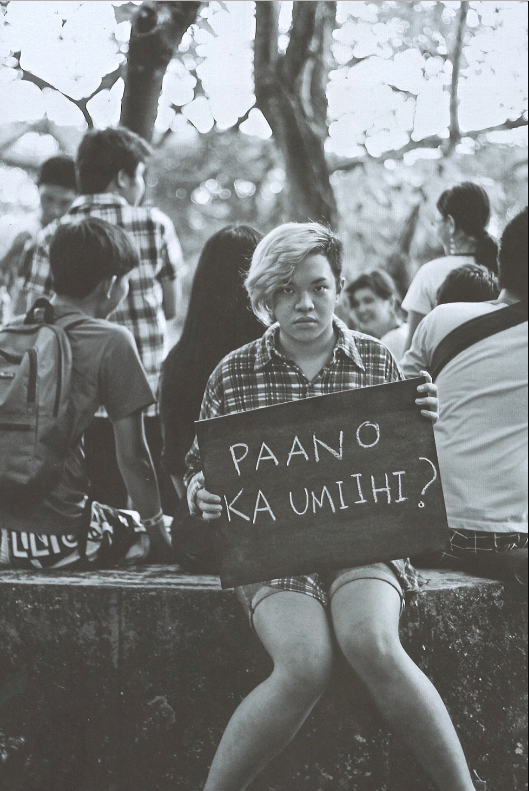
The selected questions varied from education and employment concerns, family matters, health issues, social constructs, and well being of a person.
For instance: “Hindi ka ba natatakot mapunta sa impyerno (Are you not afraid you’d go to hell)?” was asked, and the response of the Babaylan member was: “Ang alam ko masasamang tao ang napupunta sa impyerno. Hindi ako masama, bakla ako. Hindi masamang maging bakla. Pero Father, may impyerno nga ba? (As far as I know, only evil people go to hell. I am not evil, I am gay. There is nothing evil about being gay. Besides, is there really hell?)”
There were also questions on relationships, e.g.: “May seryosong karelasyon ba ang tulad mo (Will someone like you find a serious relationship)?” This was answered with: “Lahat naman dapat ng mga relasyon seryoso. Sa pamilya, sa mga kaibigan, at higit sa lahat, sa sarili. Sa jowa? Hindi pa naman ako na-ICU, pero lahat yun seryoso. (All relationships should be considered serious. Relationships with family, friends, and most importantly, with oneself. As for having a partner? I have yet to be rushed to the ICU, but I know all relationships should be considered ‘serious’).”
Yet another commonly asked question thrown to LGBT people is: “Hindi ka ba pineperahan ng boyfriend mo (Don’t you just end up financially supporting your boyfriend)?”, which was answered with: “Ang relasyon ay hindi isang transakyon. Kung gumagastos ka, dapat hindi mo sinasakripisyo ang sarili mong pangangailangan. Dapat lang walang napipilitan (A relationship is not a transaction. Even if you spend, it should not be at the expense of your personal needs. Nobody should be forced when in a relationship).”
“These questions range from well-meaning curiosity to expressions of discomfort to misplaced other to outright discrimination. These questions are already part of our life and unlike questions asked in beauty contests, they are not usually wonderful,” executive director of Babaylanes Inc. Ramille Andag explained.
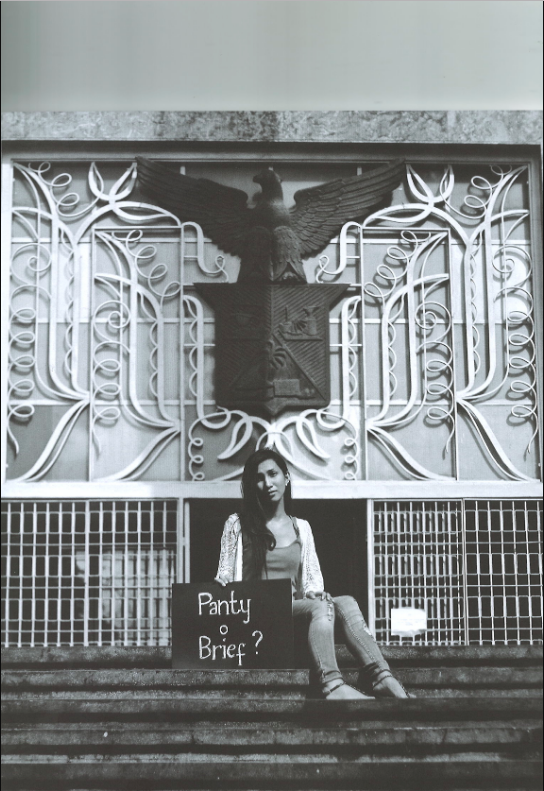
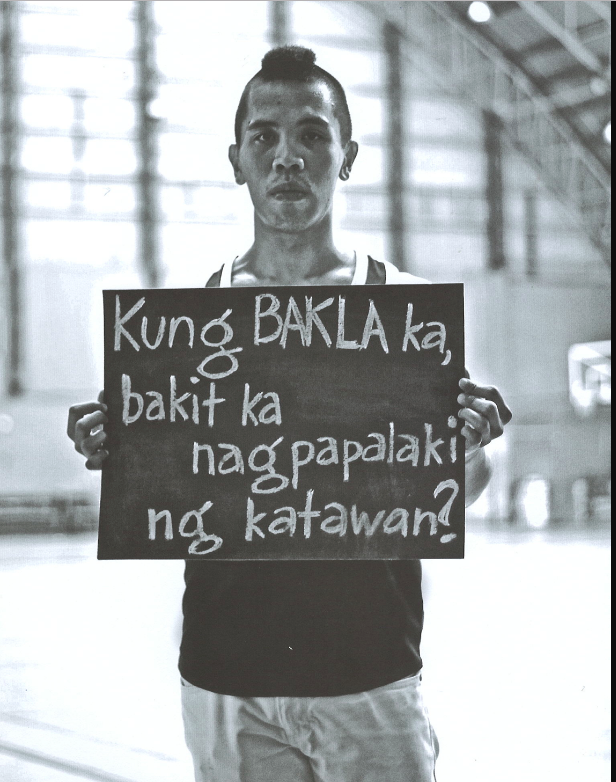
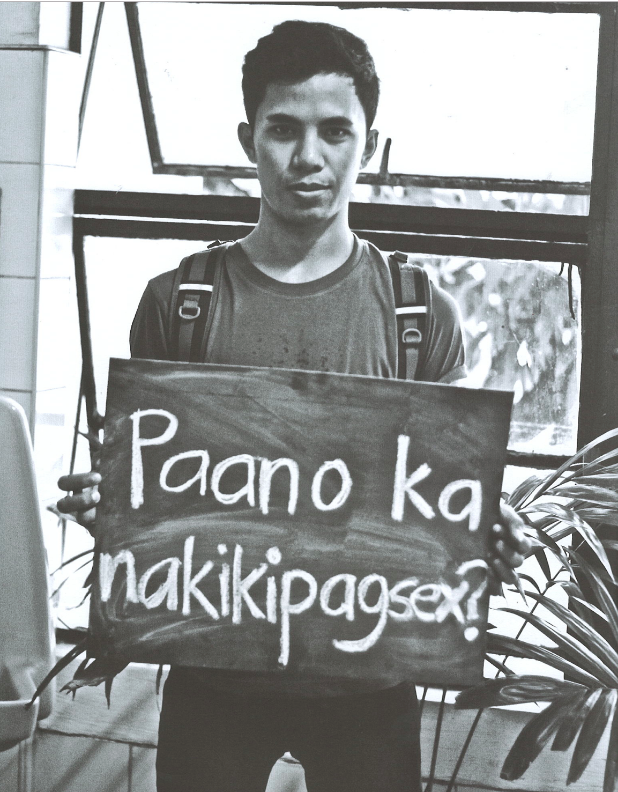
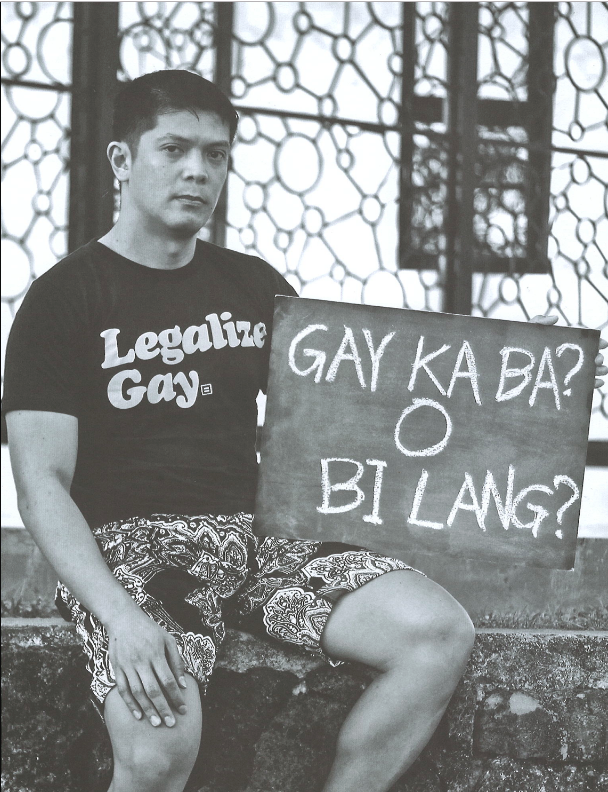
Andag also stated that as Babaylan celebrates its 20th year, “it was just fitting to be part of the book project. Our organization will to continue make efforts that will educate and raise more awareness about LGBTs.”
Anong pangalan mo sa gabi? At iba pang tanong sa mga LGBT eyes to be one of the boldest and honest projects on gender awareness by challenging the discriminatory public.
“These questions are inhumane, discrimination against LGBTs is inhumane. These kind of actions, inhuman actions, contradicts what the Filipino culture really is,” Dr. Claudio ended.
Anong pangalan mo sa gabi? At iba pang tanong sa mga LGBT was made possible with the help of Eric Julian Manalastas (project director), BJ Eco and Adrienne Maguddayao (project coordinators), Rod Singh (photographer), Jason Angulo (cover and book designer), Tetay Mendoza and Joel Acebuche (editors).
Note: This article was written by Patrick King Pascual outsourced from https://suspensionofdisbelief.wordpress.com
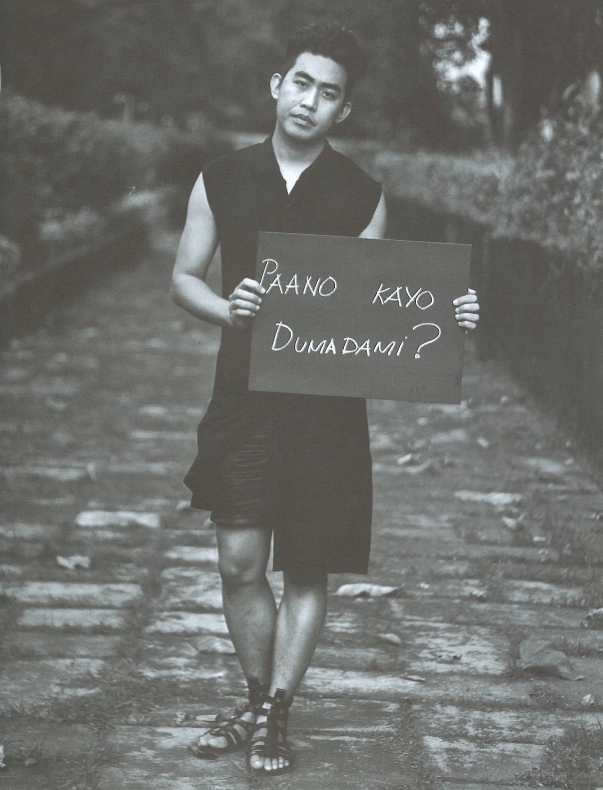
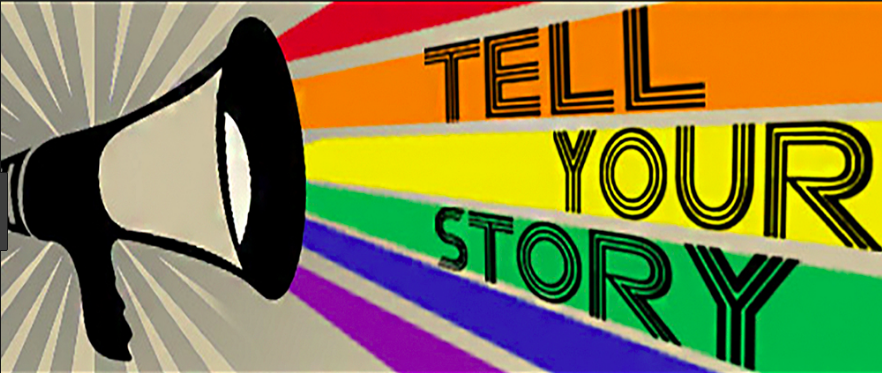
Do you have a story to tell? We can post it on our website.
